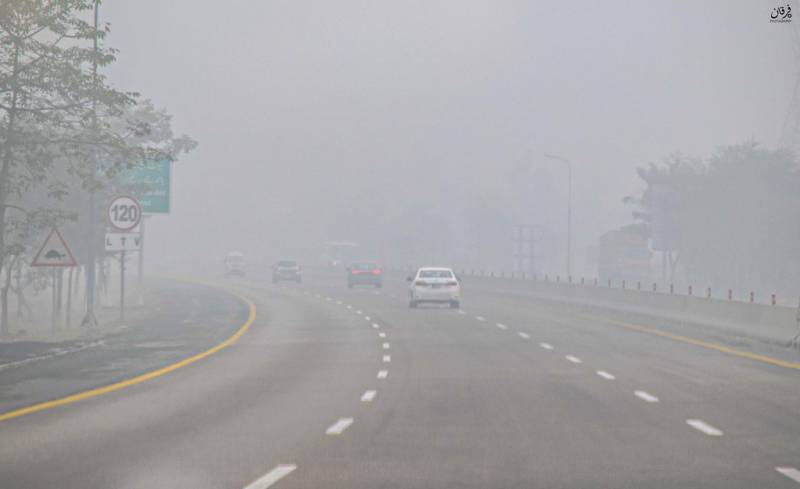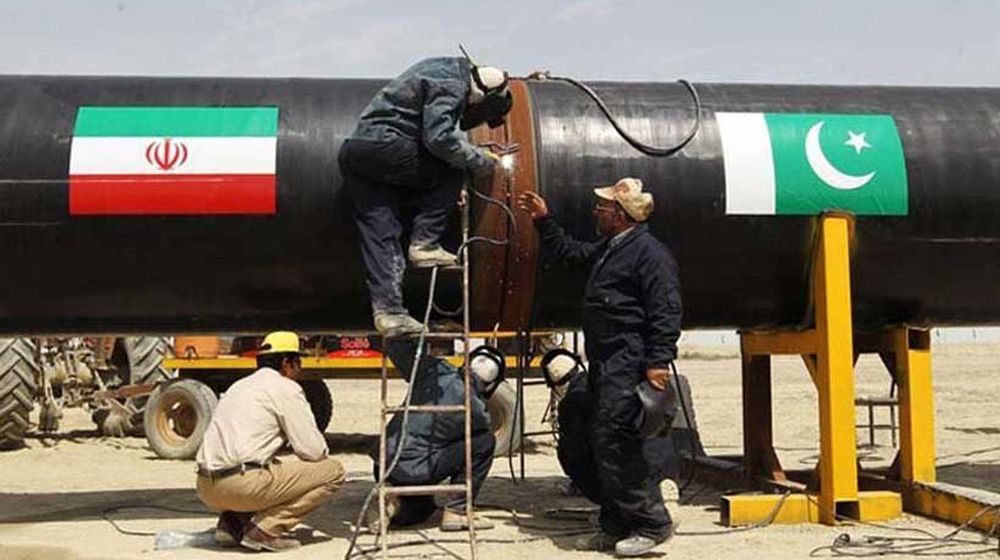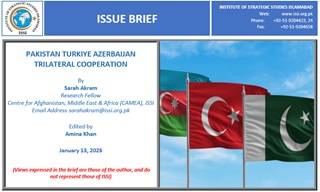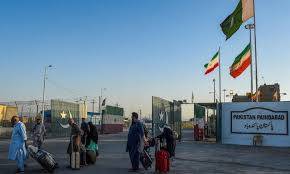- ‘Govt prioritizes Sukkur-Hyderabad motorway project’ RADIO PAKISTAN
- NA unanimously passes resolution urging govt to probe offloading of documented passengers Dawn
- NA seeks probe into off-loading of documented passengers at various airports across…
Category: 1. Pakistan
-
'Govt prioritizes Sukkur-Hyderabad motorway project' – RADIO PAKISTAN
-

Petrol prices likely to fall from January 16 in Pakistan
Petrol and other fuel prices in Pakistan are expected to fall for a fourth consecutive time from January 16, ARY News reported on Tuesday, citing sources.
As per details, petrol prices may be reduced by up to Rs4.59 per litre, while high-speed…
Continue Reading
-
Governor approves Sindh Safe Cities Authority (Amendment) Bill 2025 – RADIO PAKISTAN
- Governor approves Sindh Safe Cities Authority (Amendment) Bill 2025 RADIO PAKISTAN
- Governor approves SSCA (Amendment) Bill Business Recorder
- Governor assents to Sindh Safe Cities Authority (Amendment) Bill 2025 Associated Press of Pakistan
- Sindh…
Continue Reading
-

Motorway sections closed as fog blankets parts of country
Heavy fog in plain areas of Punjab, Sindh and Khyber Pakhtunkhwa on night between Monday and Tuesday forced closure of several motorway sections after visibility dropped.
According to the Motorway Police spokesperson, Motorway M1 from Peshawar…
Continue Reading
-

Pakistan Proposes Out-of-Court Settlement on IP Gas Pipeline, Moves to Shelve Project
Pakistan has informed Iran that it intends to shelve the long-stalled Iran-Pakistan (IP) gas pipeline project through an out-of-court settlement mechanism, while keeping the option open to revive the project if sanctions relief from the…
Continue Reading
-

Issue Brief on “Pakistan Turkiye Azerbaijan Trilateral Cooperation”
The trilateral partnership between Pakistan, Azerbaijan, and Turkiye represents an evolving model of strategic cooperation rooted in shared principles and…
Continue Reading
-

Pakistani students, pilgrims return from Iran via Gwadar
Amid ongoing violent protests in different parts of Iran, Pakistani students studying at various universities and religious institutions, along with pilgrims visiting holy sites, have started returning to Pakistan through the Gwadar route.
…
Continue Reading
-

NADRA extends CNIC renewal services to selected e-sahulat franchises
The National Database and Registration Authority (NADRA) has begun offering identity documentation and CNIC renewal services through selected e-Sahulat franchises across the country.
Responding to queries about the range of services available and…
Continue Reading
-
Pakistan reaffirms support for resolution of Ukraine conflict – RADIO PAKISTAN
- Pakistan reaffirms support for resolution of Ukraine conflict RADIO PAKISTAN
- Pakistan alarmed as Russia-Ukraine conflict intensifies, calls for immediate ceasefire Arab News
- Pak calls for ‘meaningful’ Russia-Ukraine dialogue Islamabad Post
Continue Reading
-
Dialogue key to resolving political issues: Tariq Fazal – RADIO PAKISTAN
- Dialogue key to resolving political issues: Tariq Fazal RADIO PAKISTAN
- More than words Dawn
- Dialogue, anyone? The Express Tribune
- Fawad calls on Nawaz Sharif to help resolve Pakistan’s political crisis Dunya News
- Pakistani politicians urge…
Continue Reading